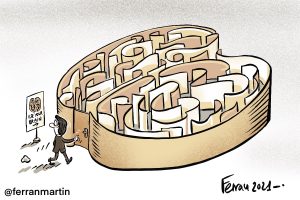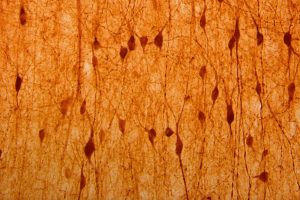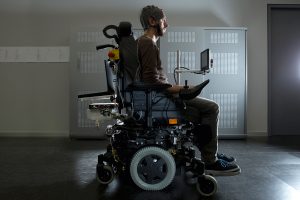Search
In dreams, the area responsible for higher cognitive tasks is inhibited, which contributes to the appearance of fantasies.
Tactile memory allows us to create images in our brain thanks to the relative positions of fingers and hands.
Stories prepare our minds for what is to come. Dreams are a sort of training process for the development and consolidation of neural architecture.
Foods that are rich in fats and sugars are pleasurable because they stimulate our reward circuits, the same circuits that are activated by drugs. In a context in which unhealthy diets and drug abuse are common from adolescence, it is important to investigate their consequences.
Can the application of neuroscience to education be studied while maintaining every aspect of the scientific method used in neuroscience? Or, even more simply, can neuroscience be applied to education?
While deep sleep is characterised by low brain activity, brain activity is high during REM sleep, similar to wakefulness. If we wake up in REM sleep, it is very common for us to remember that we were dreaming. But why do we dream? Ferran Martinez-Garcia explains.
Understanding what separates us from the rest of the animal kingdom is an old obsession of ours. The most frequent attribute we rely on to justify our supposed superiority is intelligence. Yet, how are we to compare the intelligence of species as different as humans, octopi or dolphins?
For a correct functioning of the brain, it is essential that the number of neurons is the appropriate one: neither more nor less.
Brain-computer interfaces allow the control of devices without the generation of any active motor output but directly from the decoding of the user’s brain signals.
- 1
- 2










